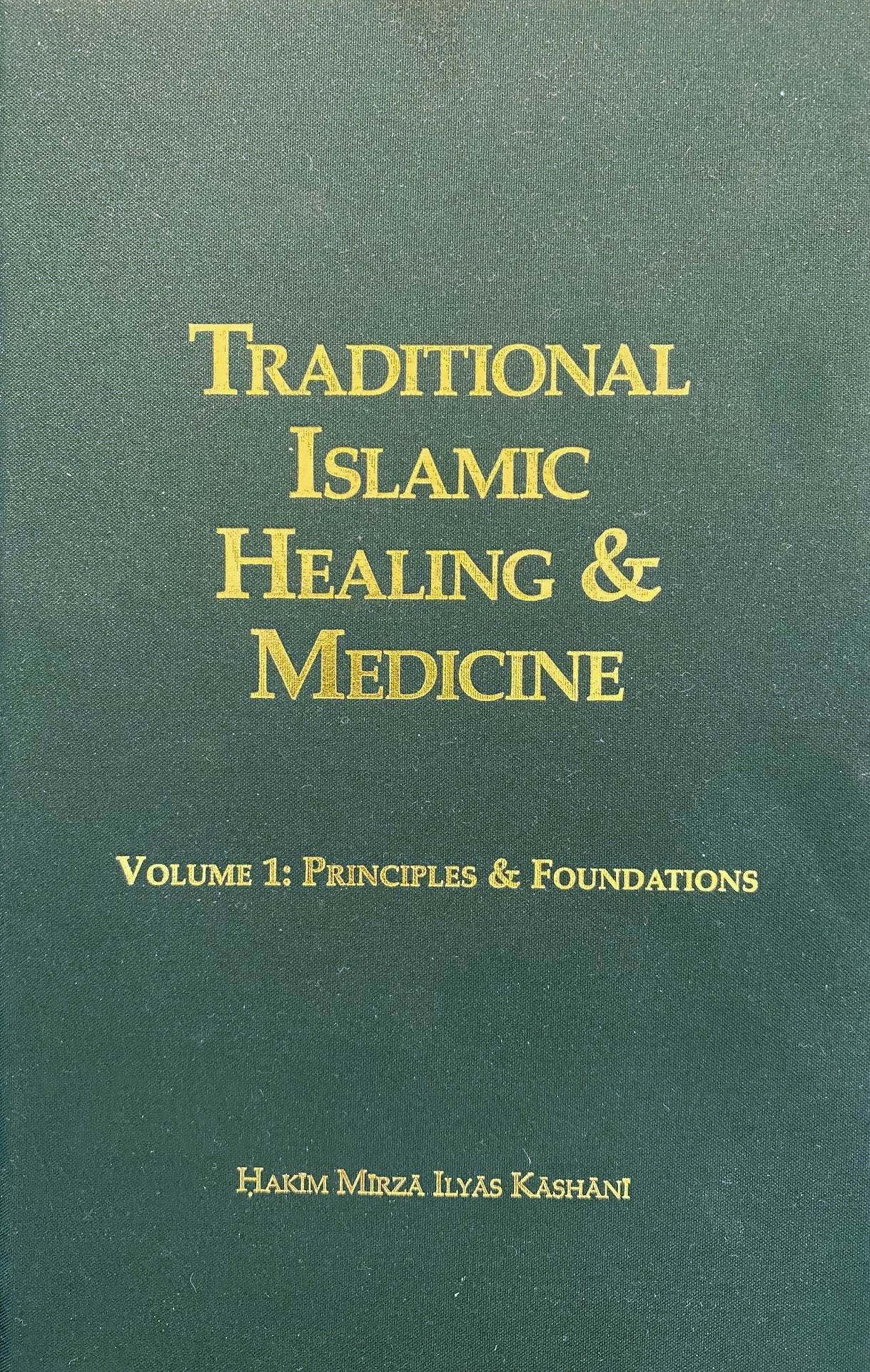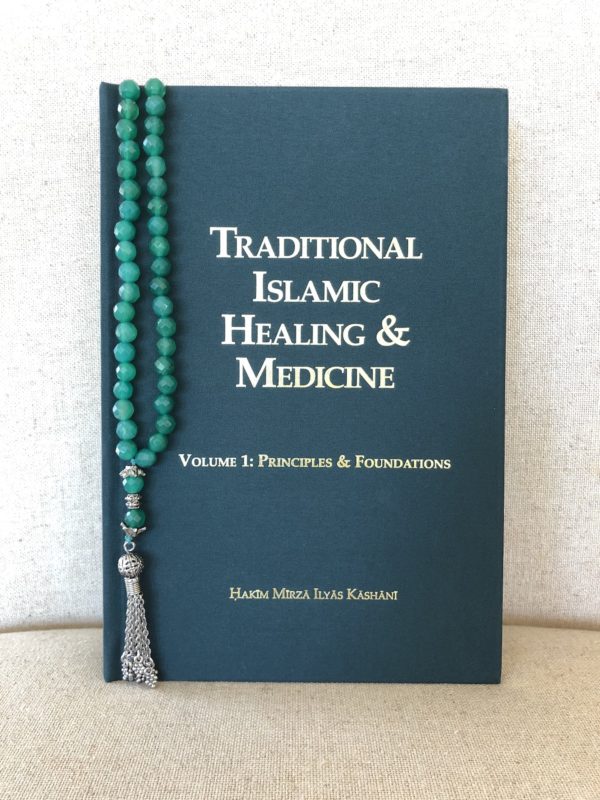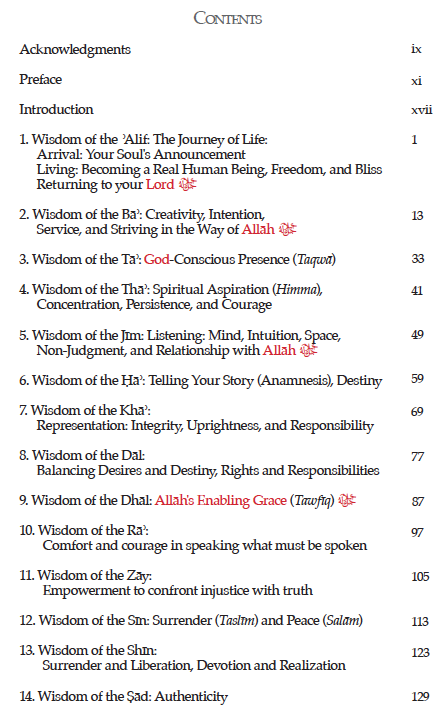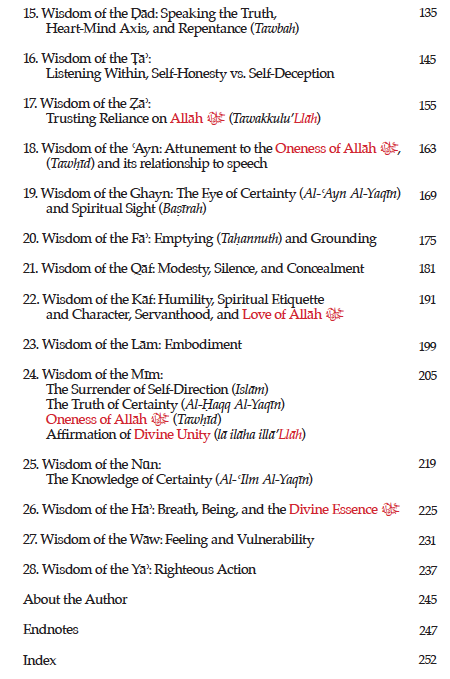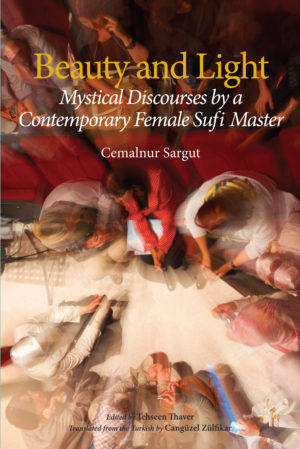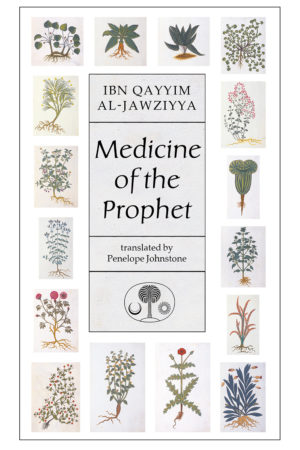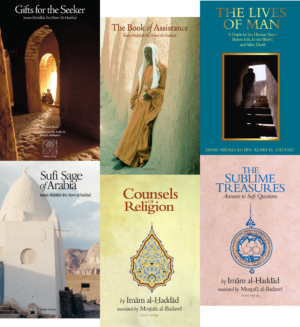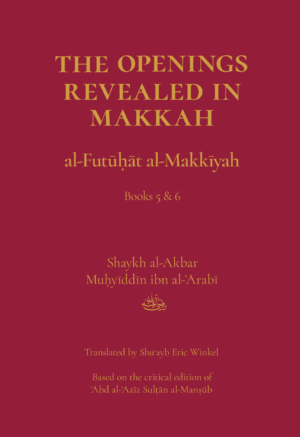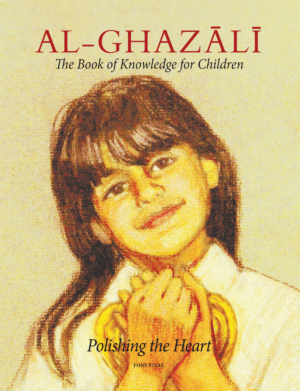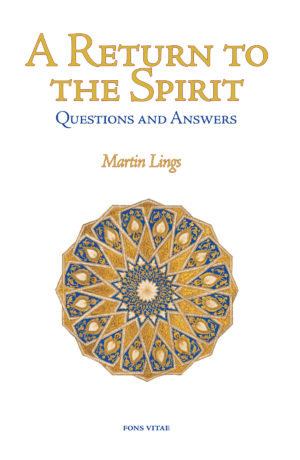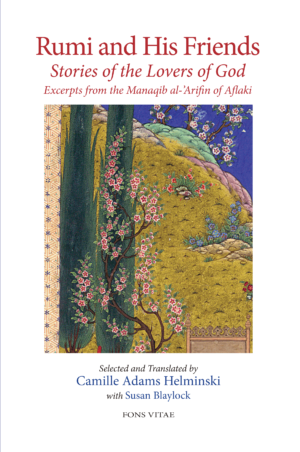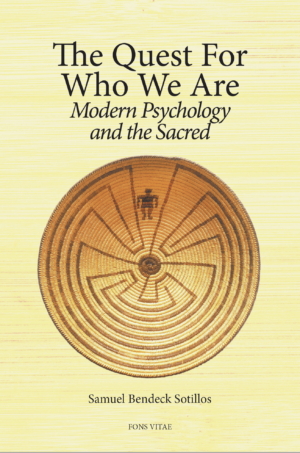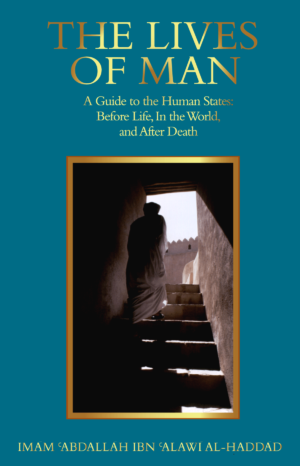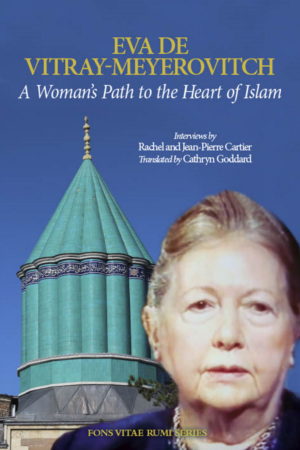Traditional Islamic Healing & Medicine – Volume 1: Principles & Foundations by Ḥakīm Mirza Ilyās Kāshānī | Hardcover, 260 pages
$35.95
In stock
Many are acutely aware of the inability of Conventional Medicine to understand and care for the entire Body-Mind-Soul. This failing is seldom from a lack of character, concern, or effort on the part of modern health care providers, but rather the result of a fractured paradigm. A reductionist, materialist framework usurped the spiritual worldview that informed most of the world for millennia, including the world of medicine. For this reason, many turn to Traditional Medicine additionally or exclusively, as it endeavors to care for the entire Body-Mind-Soul. It is a sign of the times that these wisdom traditions are labeled as “alternative” and “complementary” by the dominating institutions of Conventional Medicine.
Traditional Islamic Healing and Medicine is unique among the systems of Traditional Medicine in that it has explicitly preserved a spiritual ontology in study and practice. God, Spirit, and soul are central to any understanding of health, well-being, illness, and disease. Furthermore, the human being is not seen as an isolated individual, but rather a facet of community, society, nature, planet, and cosmos, so that true health and well-being is understood in the context of our interconnectedness. We are a microcosmic emergence of a fundamentally sacred macrocosm. Health-conscious Muslims—whether they are laypersons, students, practitioners, and scholars—are characteristically thirsty for this knowledge, as it is a seamless extension of the Islamic tradition. Muslims trained in Conventional Medicine often struggle to reconcile their medical framework with their spiritual lives. They know that something is wrong, but they are often at a loss to correct the situation. Many people of faith also desire the integration of the physical and spiritual dimensions within themselves, rather than living a disembodied spiritual life—a growing concern with the relentless encroachment of technology into our daily lives and soon even into our very bodies. This book speaks directly to each of these concerns, beginning with foundational principles that can serve us in navigating our immediate challenges.
This book presents the principles of Islamic Medicine as articulated by the Holy Qurʾān and aḥādīth and organizes them by the mystical letters of the Arabic alphabet. The principles are applicable to spiritually inclined health students, practitioners, and scholars across traditions, while speaking directly to Muslims. Some books take a reductionist approach, listing remedies and the conditions they purportedly treat. True healing, however, must account for the entire Body-Mind-Soul.
- Hardcover
- 9781941610893
- 260
